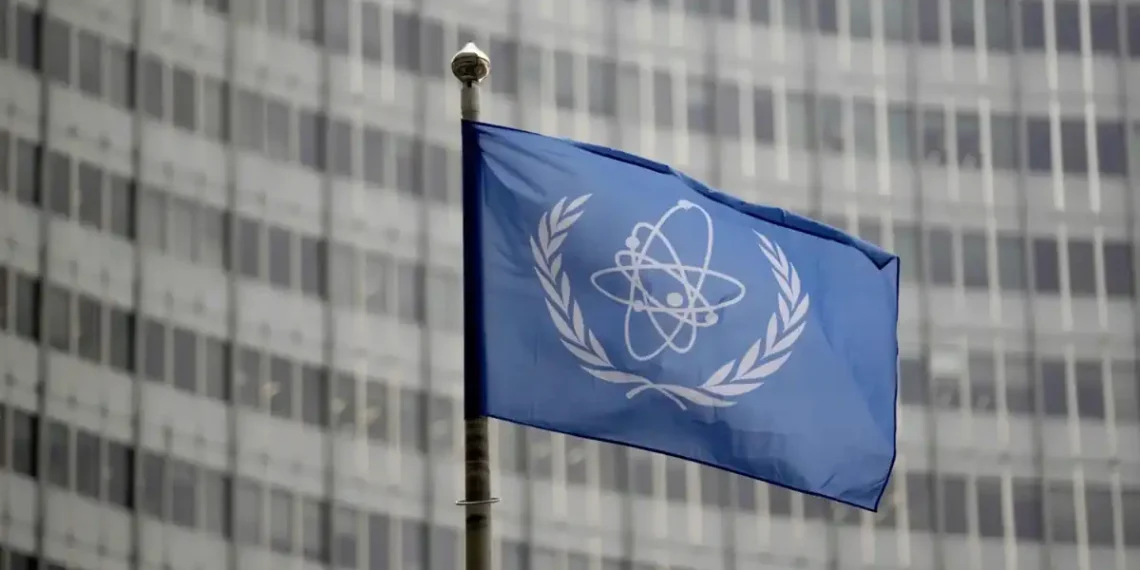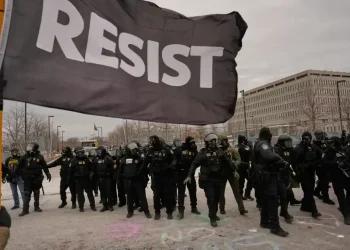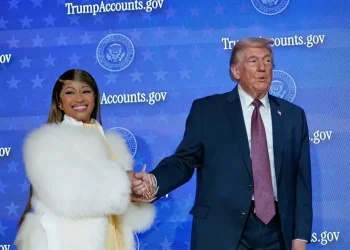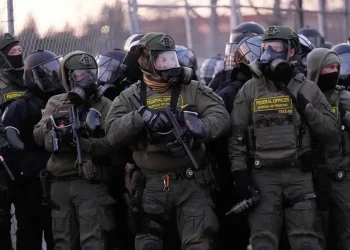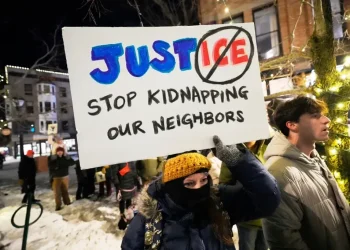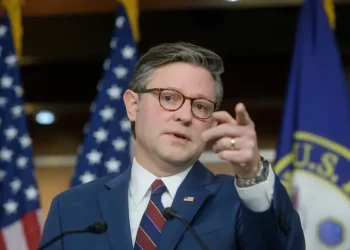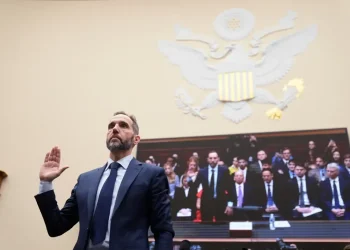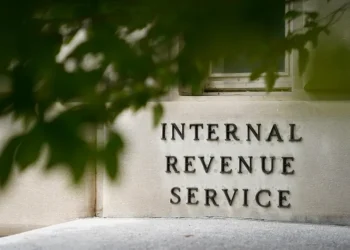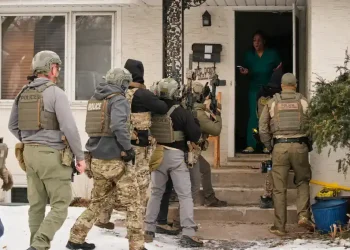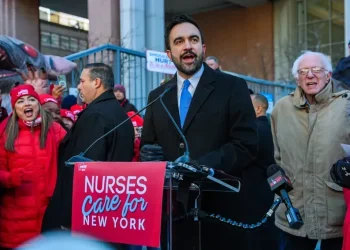Escalation Alert: UN Watchdog Censures Iran, Tehran Retaliates with New Nuclear Site
VIENNA, Austria – Tensions are flaring on the international stage after the UN’s nuclear watchdog, the International Atomic Energy Agency (IAEA), delivered a rare and strong rebuke to Iran on Thursday. For the first time in two decades, the IAEA’s Board of Governors formally declared that Iran is not complying with its nuclear obligations. This isn’t just diplomatic chatter; it’s a significant move that could pave the way for the re-imposition of tough UN sanctions on Tehran later this year.
And Iran’s response? Immediate and defiant.
Moments after the vote, Tehran announced it would establish a brand-new enrichment facility in a “secure location,” with hints of “other measures” also in the pipeline. “The Islamic Republic of Iran has no choice but to respond to this political resolution,” read a joint statement from the Iranian Foreign Ministry and the Atomic Energy Organization of Iran.
What Does This Mean for Global Security?
This escalating confrontation comes at a particularly sensitive time. Just ahead of a new round of crucial U.S.-Iran talks slated for Sunday in Oman, the atmosphere is clearly supercharged. We’ve seen warnings from U.S. President Donald Trump about potential airstrikes on Iranian nuclear facilities if negotiations fail, and there are already reports of some American personnel and their families leaving the region due to heightened security concerns. The U.S. Embassy in Israel has even advised its employees and their families to stay within the Tel Aviv area.
The IAEA board’s vote was significant: 19 countries voted in favor of the resolution, while Russia, China, and Burkina Faso opposed it. Eleven countries abstained, and two didn’t vote. The resolution, spearheaded by France, the UK, Germany, and the United States, specifically calls on Iran to “without delay” provide answers about mysterious uranium traces found at several undeclared sites. Western officials suspect these traces could be smoking gun evidence of a secret Iranian nuclear weapons program that allegedly ran until 2003.
Iran’s Counter-Moves: New Sites and More Enrichment
Speaking on Iranian state television, Behrouz Kamalvandi, spokesman for Iran’s Atomic Energy Organization, wasted no time detailing Tehran’s “specific and effective” retaliatory actions.
- A “third secure site” for enrichment: While he didn’t give specifics on the location, the organization’s chief, Mohammad Eslami, later confirmed it’s “already built, prepared, and located in a secure and invulnerable place.” This adds to Iran’s existing underground facilities at Fordo and Natanz, and comes after suspected Israeli sabotage attacks at Natanz led Iran to build new tunnels in nearby mountains.
- Upgrading centrifuges: Iran plans to replace older centrifuges with more advanced ones at Fordo. Kamalvandi warned, “The implication of this is that our production of enriched materials will significantly increase.”
The IAEA resolution makes it clear: Iran’s “many failures” since 2019 to fully cooperate and declare nuclear material and activities “constitutes non-compliance” with its international safeguards obligations. Under the Nuclear Non-Proliferation Treaty, Iran is legally bound to declare all nuclear material and activities and allow IAEA inspectors to verify peaceful use.
The resolution also directly flags that the IAEA’s “inability… to provide assurance that Iran’s nuclear program is exclusively peaceful gives rise to questions that are within the competence of the United Nations Security Council.” This is a strong hint that the issue could be elevated to the UN Security Council, which has the power to impose sanctions.
The Diplomatic Clock is Ticking
Despite the tough talk and actions, Western nations insist they’re “not closing the door to diplomacy.” A senior Western diplomat indicated that if Iran still doesn’t cooperate, an extraordinary IAEA board meeting could be held this summer, potentially leading to a Security Council referral.
The three European nations involved have repeatedly threatened to “snapback” sanctions that were lifted under the original 2015 Iran nuclear deal if Iran doesn’t provide “technically credible” answers to the IAEA. This ability to re-impose sanctions, triggered by any member of the original 2015 deal, expires in October. This means the West is on a tight deadline to pressure Tehran before losing that leverage.
This censure follows the IAEA’s recent “comprehensive report,” which noted Iran’s cooperation with the agency has been “less than satisfactory” regarding those mysterious uranium traces. One of these sites gained public attention in 2018 when then-Israeli Prime Minister Benjamin Netanyahu revealed it as a clandestine nuclear warehouse disguised as a rug-cleaning plant. Iran denied it, but IAEA inspectors later confirmed uranium traces there, and at two other sites, in 2019.
The world now watches to see if diplomacy can avert further escalation, or if this latest standoff pushes the Iranian nuclear issue to a dangerous new level.
This article was rewritten by JournosNews.com based on verified reporting from trusted sources. The content has been independently reviewed, fact-checked, and edited for accuracy, neutrality, tone, and global readability in accordance with Google News and AdSense standards.
All opinions, quotes, or statements from contributors, experts, or sourced organizations do not necessarily reflect the views of JournosNews.com. JournosNews.com maintains full editorial independence from any external funders, sponsors, or organizations.
Stay informed with JournosNews.com — your trusted source for verified global reporting and in-depth analysis. Follow us on Google News, BlueSky, and X for real-time updates.
